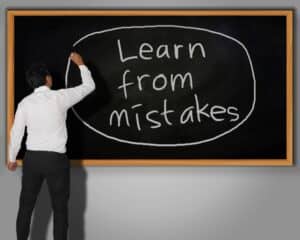Everyone, age 18 and older, needs at least some basic estate planning documents. That’s true even if you own very little. You still need an advance health care directive and a power of attorney. These estate planning documents designate agents to make decisions for you, in the event you become incapacitated.
The Los Angeles Daily News’ recent article entitled “Estate planning, often overwhelming, starts with the basics” reminds us that incapacity doesn’t just happen to the elderly. It can happen from an accident, a health crisis, or an injury. To have these documents in place, you just need to state the person you want to make decisions for you and generally what those decisions should be.
An experienced estate planning attorney will help you draft your will by using a questionnaire you complete before your initial meeting. This helps you to organize and list the information required. It also helps the attorney spot issues, such as taxes, blended families and special needs. You will list your assets — real property, business entities, bank accounts, investment accounts, retirement accounts, stocks, bonds, cars, life insurance and anything else you may own. The estimated or actual value of each item should also be included. If you have life insurance or retirement plans, attach a copy of the beneficiary designation form.
An experienced estate planning attorney will discuss your financial and family situation and offer options for a plan that will fit your needs.
The attorney may have many different solutions for the issues that concern you and those you may not have considered. These might include a child with poor money habits, a blended family where you need to balance the needs of a surviving spouse with the expectations of the children from a prior marriage, a pet needing ongoing care, or your thoughts about who to choose as your trustee or power of attorney.
There are many possible solutions, and you aren’t required to know them before you move ahead with your estate planning.
If you are an adult, you know generally what you own, your name and address and the names of your spouse and children or any other beneficiaries you’d like to include in your plan. So, you’re ready to move ahead with your estate planning documents.
The key is to do this now and not procrastinate.
Reference: Los Angeles Daily News (July 24, 2022) “Estate planning, often overwhelming, starts with the basics”



